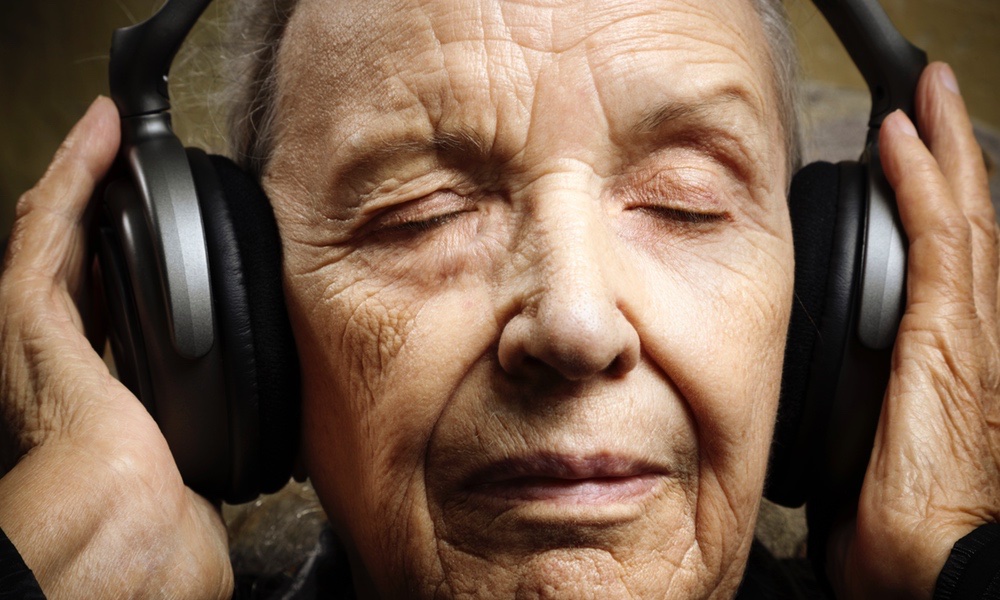People who have suffered a stroke often find it hard to produce or understand language, a condition known as aphasia which affects about 40 percent of cerebrovascular patients. These language deficits can last for over a year among roughly half of the people who experience them.
Finding it hard to speak or comprehend language is isolating and can make it hard to function. A recent study has found a way to ease both patients’ social isolation and their language difficulties — singing.
A singing-based group rehabilitation developed by researchers at the University of Helsinki can help. It stimulated patients' communication and speech production and increased their social activity — even among those who had had symptoms for over a year. Caregivers benefited, too.Typically, such singing training has been done individually, a costly approach that denies patients the advantages singing in a group can bring.
Research shows music can enhance rehab efforts, and even those with severe aphasia can retain the ability to sing, though singing, especially choral singing, in aphasia rehabilitation has not been widely studied. This Finnish study used choral singing, melodic intonation therapy and tablet-assisted singing training to help aphasic patients improve, according to researcher Anni Pitkäniemi.
Melodic intonation therapy uses melody and rhythm to gradually help stroke patients develop language ability as they progress from singing sounds towards speech production. A trained music therapist and a trained choir conductor led the patients’ rehabilitation sessions.
Fifty-four patients with long-term (chronic) aphasia and 48 caregivers participated. Half the group took part in the 16-week, multi-component singing intervention for 90 minutes once a week and practiced at home three times a week. The other half served as controls and did not receive the singing and melodic intonation interventions. Everyday communication, responsive language production and social participation among patients in the intervention group all improved.
Typically, such singing training has been done individually, a costly approach that also denies patients the social advantages singing in a group can bring. The team believes that group singing could become part of rehabilitation healthcare offerings for stroke patients. As Sini-Tuuli Siponkoski put it, “In addition to training in speech production, group-based rehabilitation provides an excellent opportunity for peer support both for the patients and their families.”





